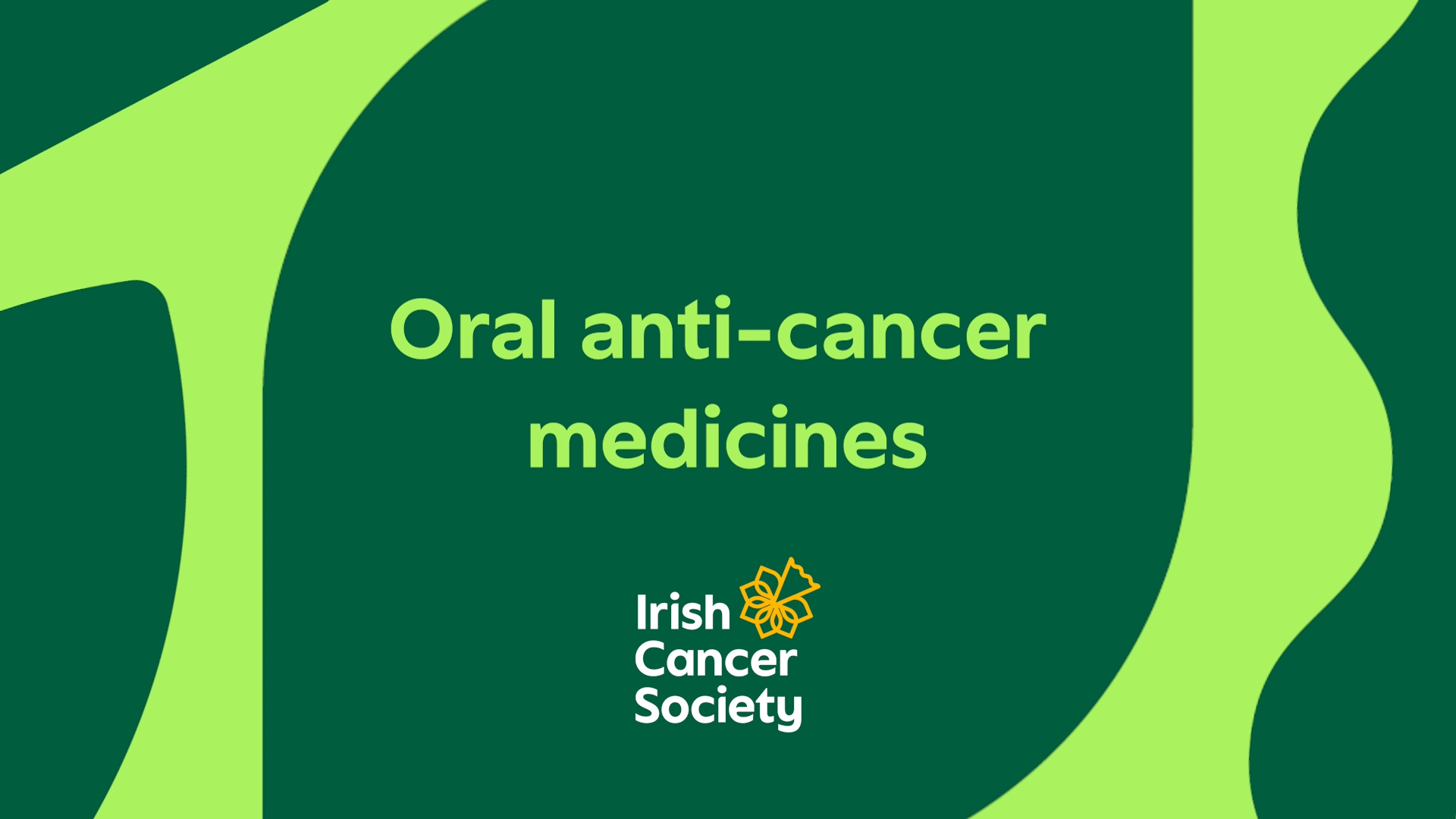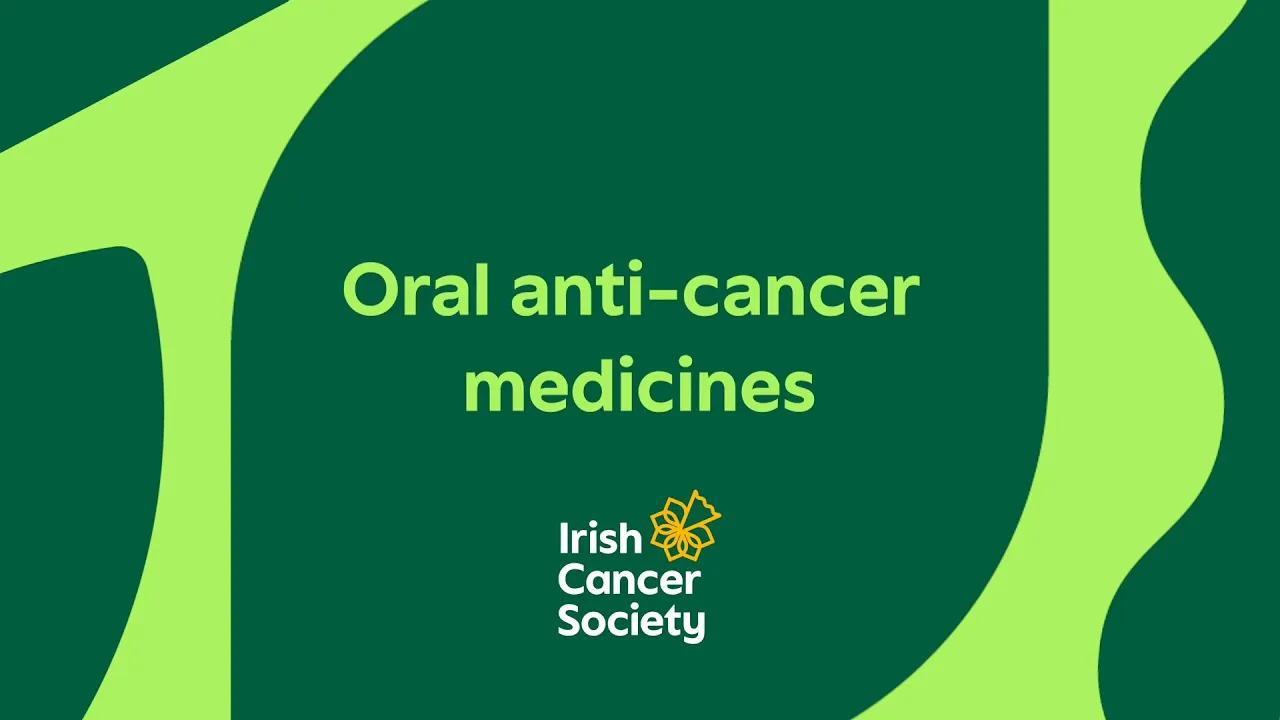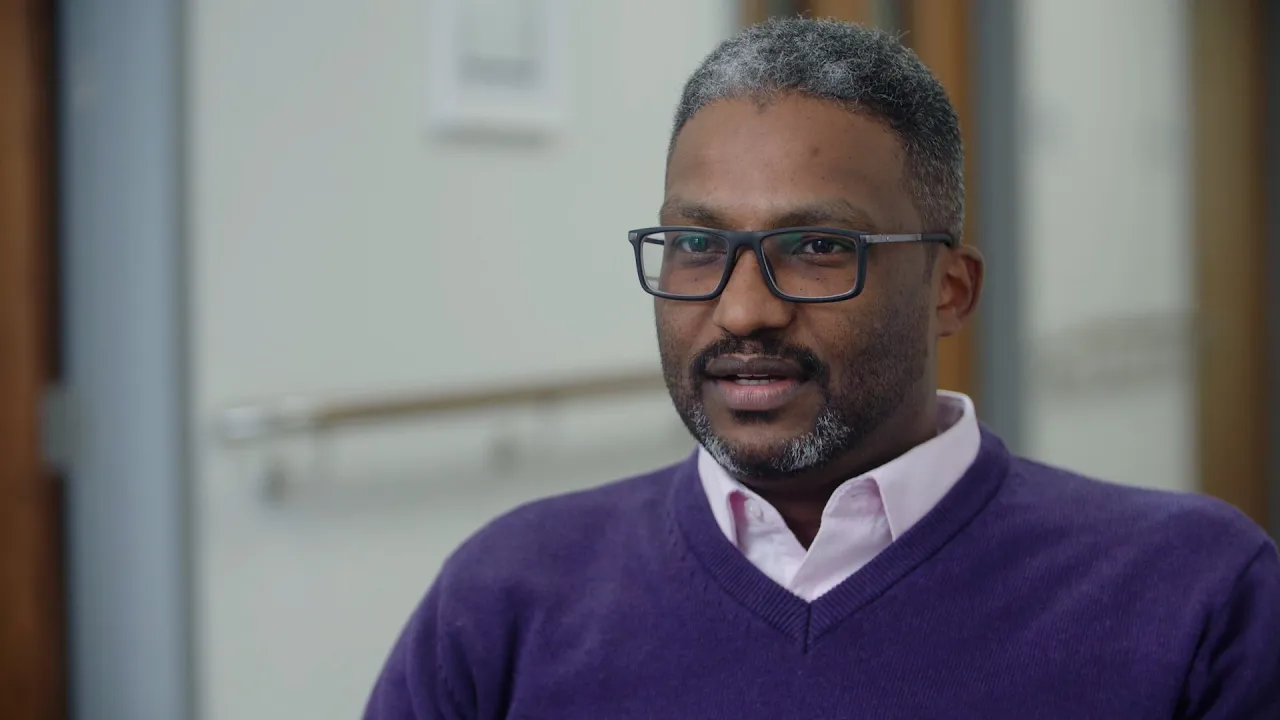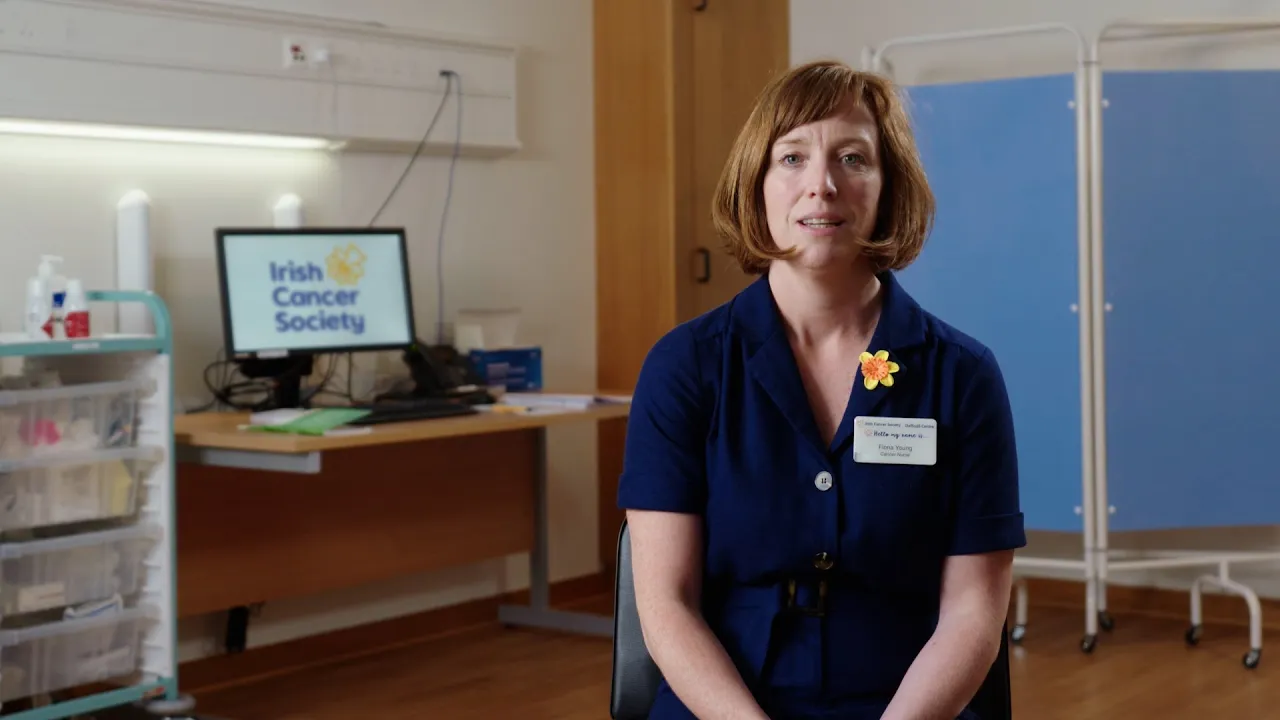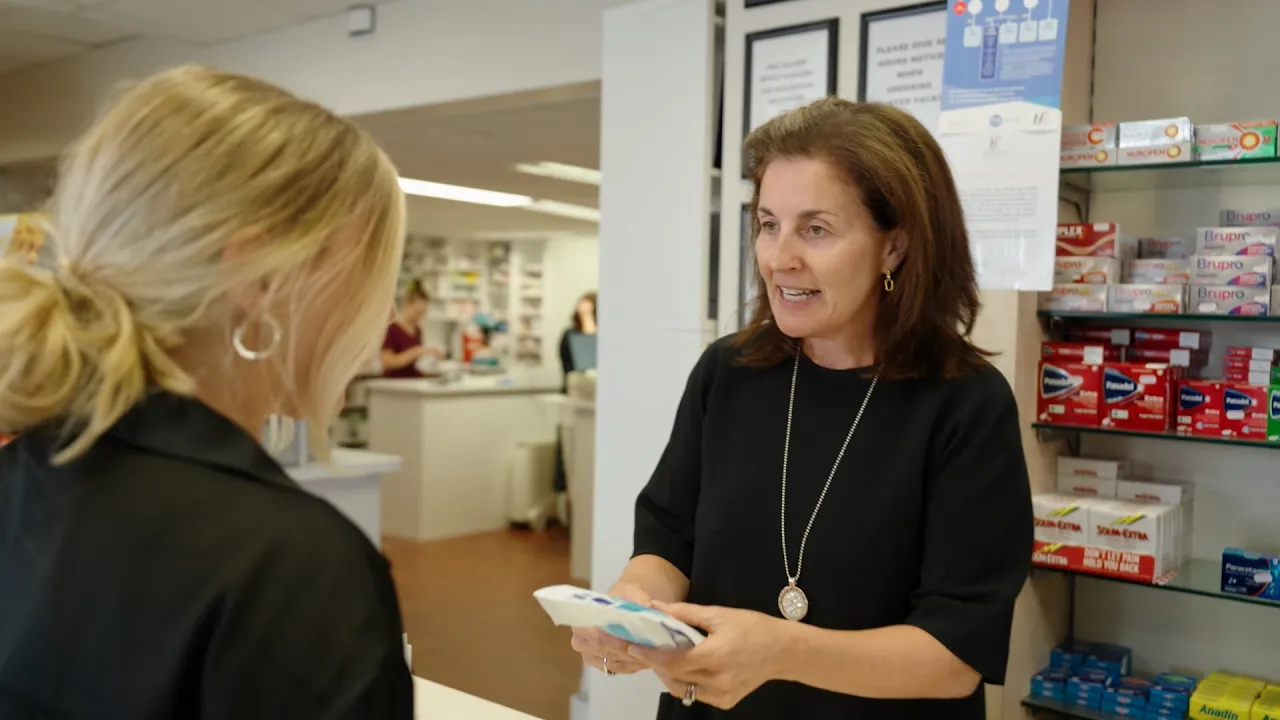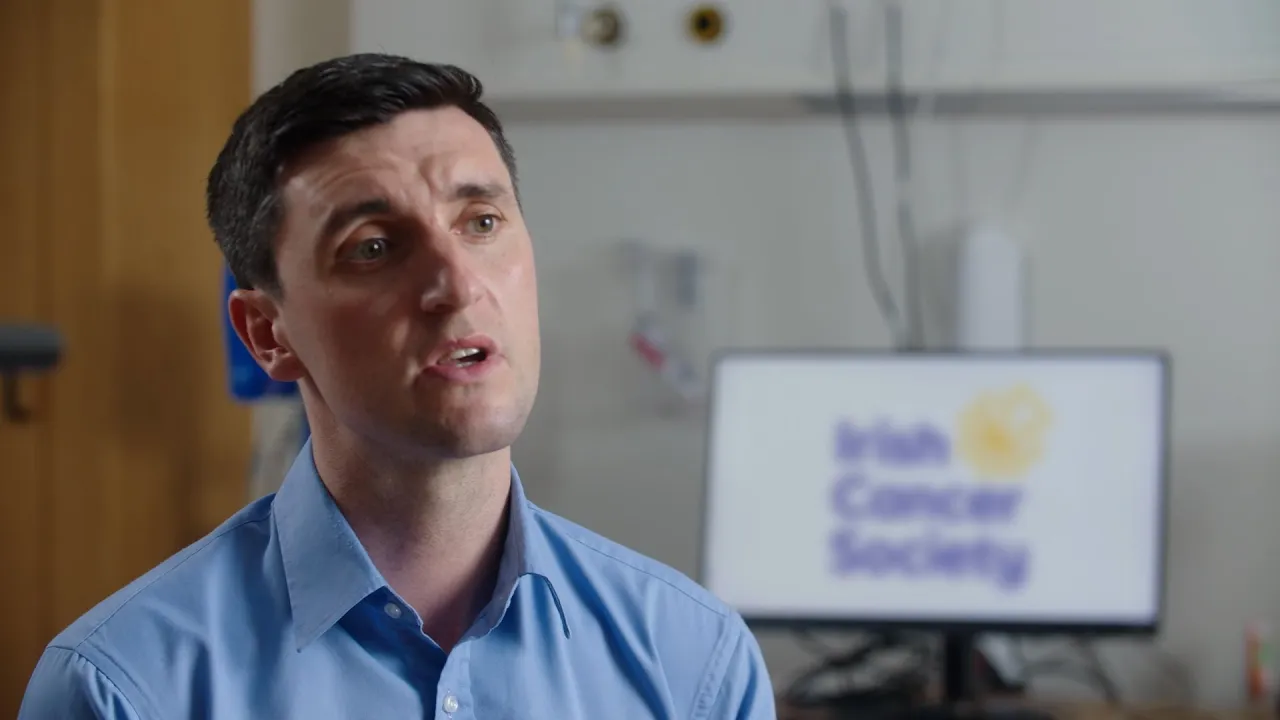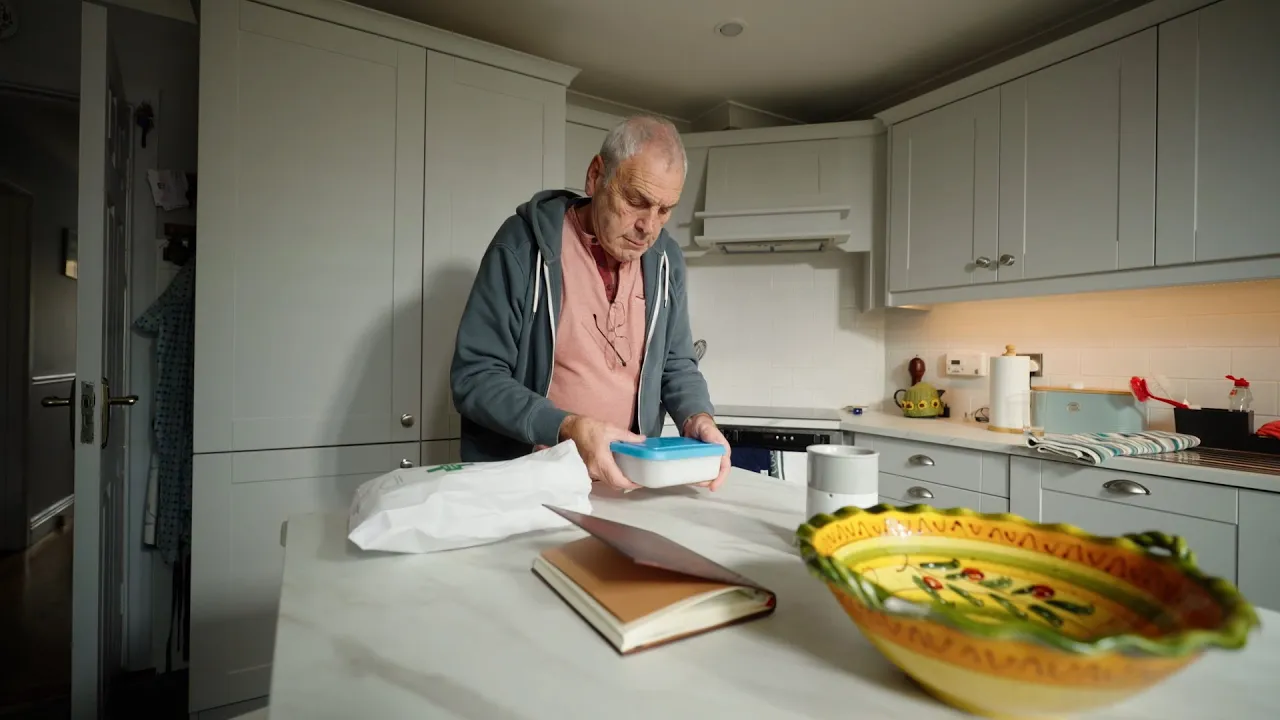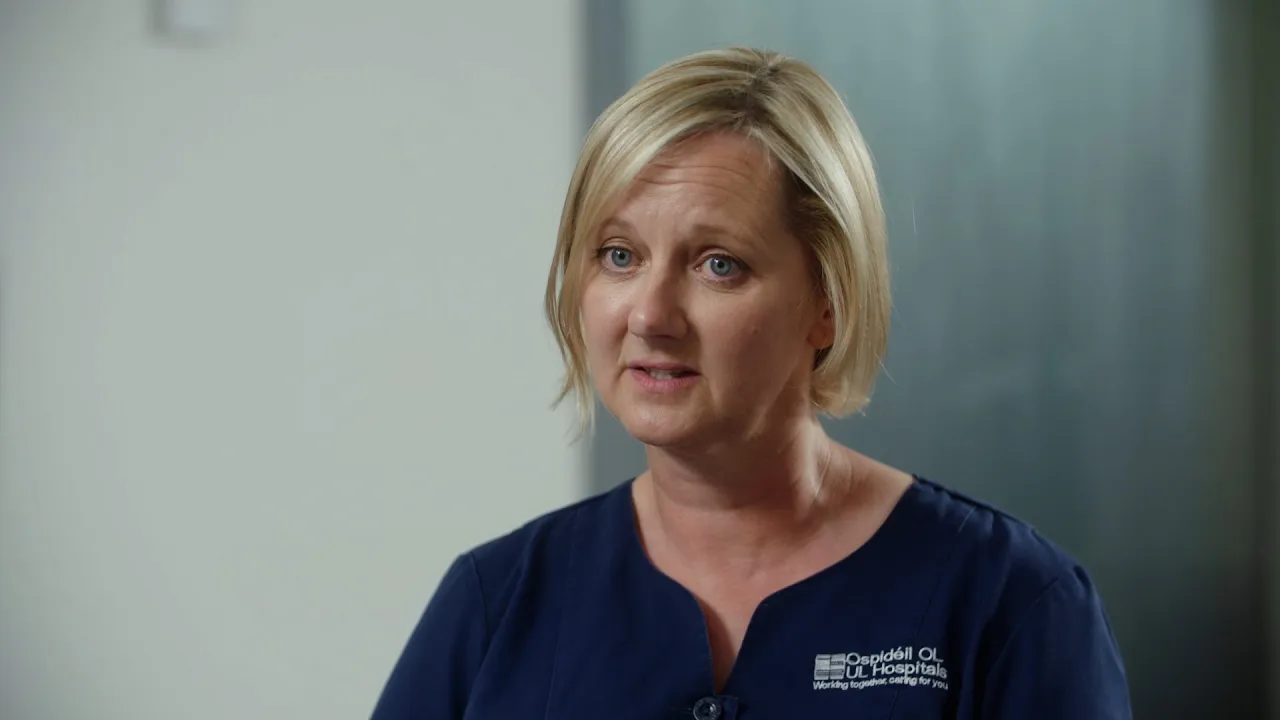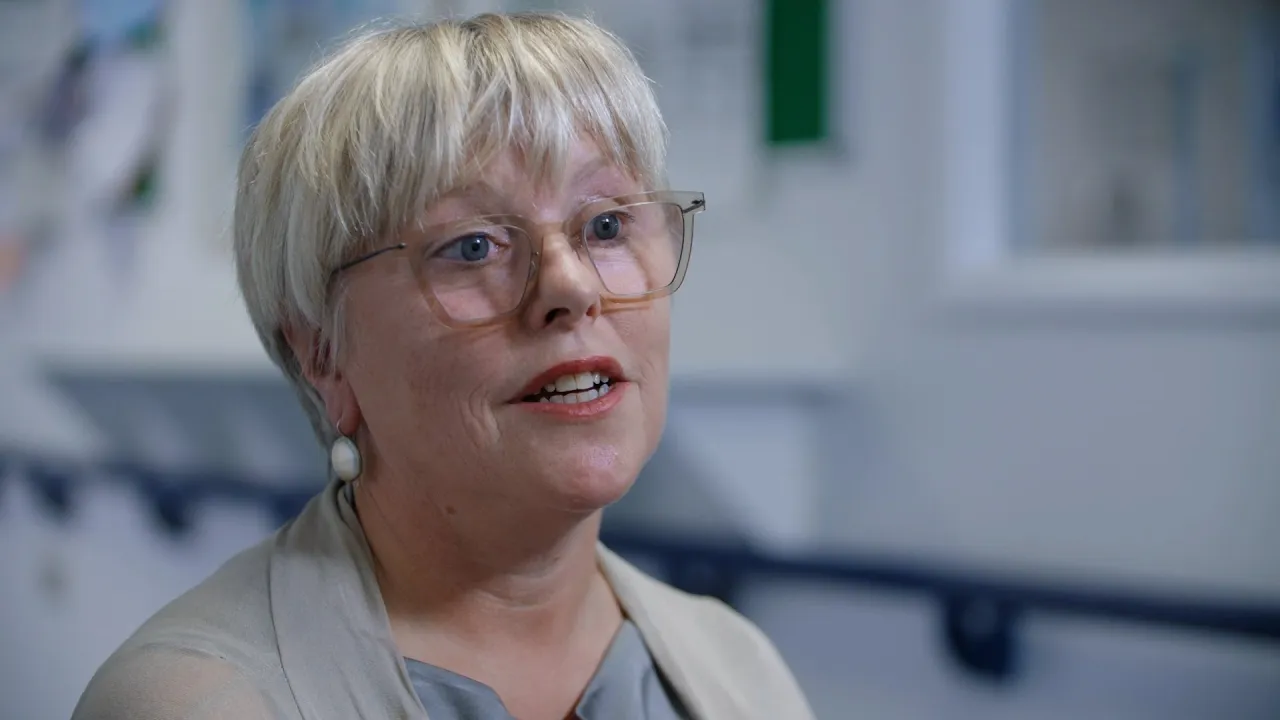Oral anti-cancer medicines 2: How they work
This video explains what oral anti-cancer medicines are and how they work.
0:03
Oral anti-cancer medicines are medicines used to treat cancer. They are given by mouth in the form of tablets, capsules or liquids. This video provides information for patients and for people caring for someone with cancer on how to handle and take oral anti-cancer medicine safely. It also includes some of the general side-effects you may have while on these medications and practical advice on how to manage these.
0:31
Your nurse specialist, doctor or pharmacist will give you specific information about particular medicine your doctor has prescribed before you start your treatment, and will help you to understand and follow your treatment plan.
0:46
An oral anti-cancer medicine is a treatment for cancer that is taken as a tablet, capsule or liquid. There are many different types, depending on the type of cancer you have.
0:58
They may be chemotherapy medicines, targeted therapy medicines or immunotherapy. Your doctor will tell you why they think this treatment is suitable for you.
1:09
Some patients have oral anti-cancer medicines in combination with other types of cancer treatment, such as radiotherapy and surgery. Whatever treatment you are on, it is very important to take your medications exactly as prescribed for you.
1:30
Just like the cells in our body, cancer cells divide and grow. Oral anti-cancer medications work in a variety of ways: some travel in the bloodstream, stopping cancer cells growing and dividing, others damage the cancer cells, killing them or preventing them from growing further, and others stimulate the immune system to kill the cancer cells.
1:53
Oral anti-cancer medications can affect normal cells that grow and divide quickly, which lead to potential side-effects. Treatment is carefully planned to maximise the effectiveness of oral anti-cancer medications and minimise side-effects of the medications.
2:14
Some drugs affect your body more than the others. Your doctor will create your treatment plan based on the type of cancer you have, where it is in your body, if it has spread or not, your age and general health. The dosage will be determined especially for you, and you will be monitored carefully for side-effects.
2:32
It is a good idea to write down any questions you might have before you meet your doctor or specialist nurse. It may also be useful for you to bring along a family member or a friend to your appointment. However, check this with your hospital as there are sometimes infection-control restrictions in place.
Oral anti-cancer medicines playlist
